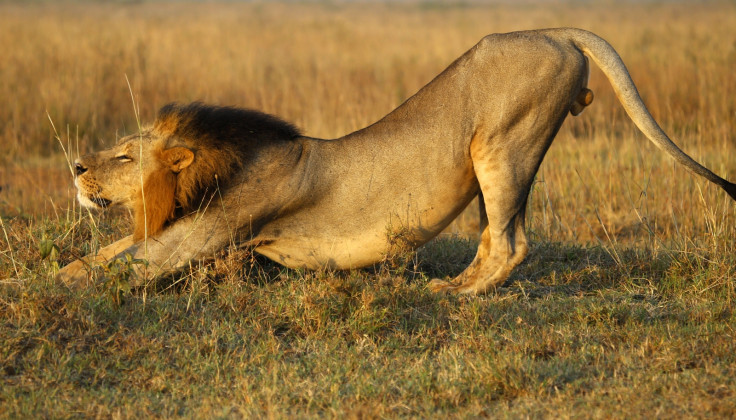Lions to be reintroduced in Rwanda after being wiped out in 1994 genocide aftermath

Lions are to be reintroduced in Rwanda 15 years after they were wiped out after being allegedly poisoned by survivors of the country's 1994 genocide, according to a conservationist organisation.
Seven lions, two males and five females, will be taken to Rwanda's Akagera National Park from South Africa on 29 June as part of a conservation project.
African Park said the big cats were poisoned by Tutsi cattle herders who were seeking sanctuary from the massacres by rival Hutu tribesmen in the mid-1990s in unmanaged wildlife national parks.
The lions will be fitted with two-year-life satellite collars to allow Akagera park to monitor their movements.
In a statement on the organisation's website, African Park's chief executive Peter Fearnhead said: "The return of lions to Akagera is a conservation milestone for the park and the country.
"Restoring national parks to their former biodiversity state is a key deliverable of the African Parks conservation model and we, in conjunction with our Government partner, the Rwandan Development Board, are delighted to have been able to reintroduce one of the key species to this beautiful national park."
Rwanda genocide
Tensions between Hutu and Tutsi ethnic groups started with the Belgian colonisation in 1922. The colonisers supported the Tutsi political power and exacerbated ethnic differences between Hutu and Tutsi by introducing the compulsory use of identity cards.
After a Hutu revolution led to the 1962 declaration of independence and the establishment of the Rwanda republic, led by the MDR-Parmehutu, the country was rocked by sporadic violence between the Hutu government and Tutsi rebels.
In 1990 the Rwanda Patriotic Front (RPF), formed by Tutsi refugees who had fled along with their families to Uganda due to ethnic violence in the previous years, invaded Rwanda, starting the Rwanda civil war.
The conflict lasted until 1994, when the genocide against the Tutsi was sparked after suspicions spread that the Tutsi had carried out an attack against the then Hutu president Juvénal Habyarimana, who died together with Burundi's President Cyprien Ntaryamira in a plane crash on 6 April 1994.
It is estimated that between 800,000 and 1 million people, including women and children, were killed in the three months from 6 April to 15 July 1994.
© Copyright IBTimes 2025. All rights reserved.






















